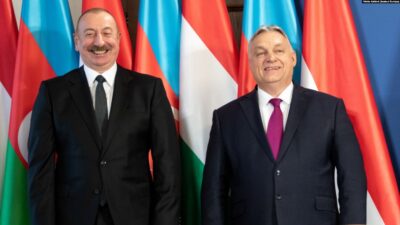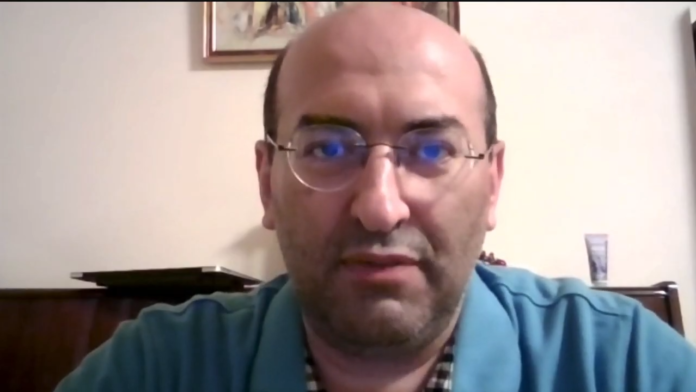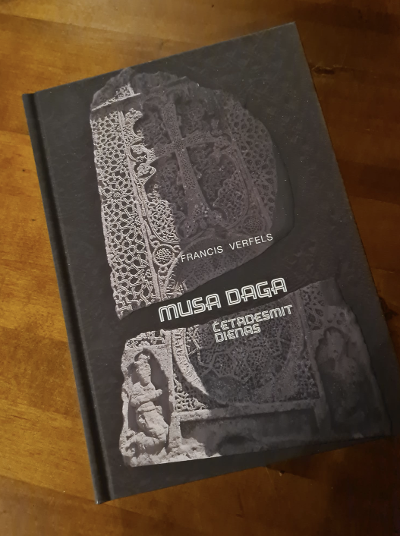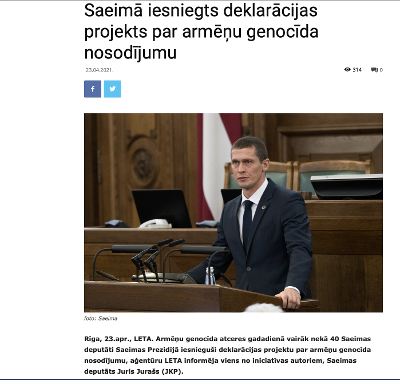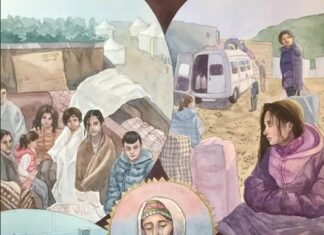RIGA – In 2005, the year of the 90th anniversary of the Armenian Genocide, five countries recognized the Armenian Genocide, with Lithuania being the last one. The parliament of this European state near the shores of the Baltic Sea adopted a resolution shortly before the end of the year. Forty-eight deputies of the Seimas (parliament) voted in favor of “marking the 90-anniversary of a genocide of the Armenian nation, condemning a genocide of the Armenian nation accomplished by Turks in Ottoman empire in 1915, calling Turkish Republic to recognize this historic fact.”
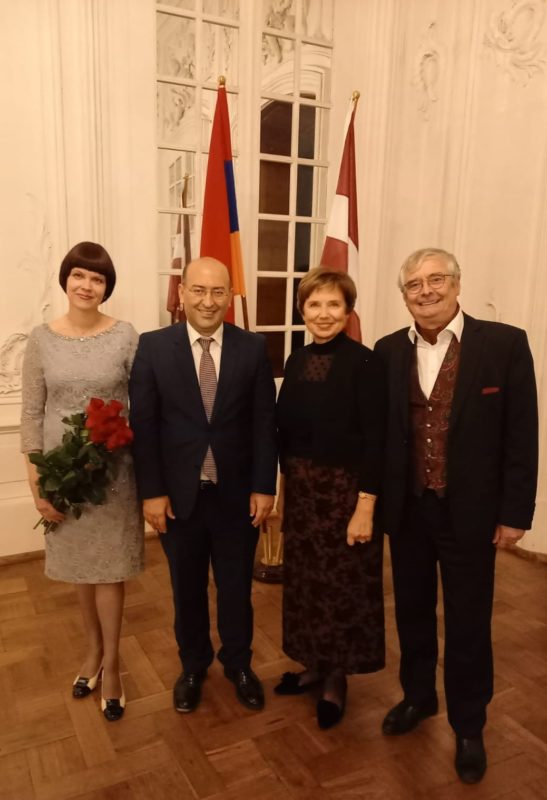
Three legislators chose to remain absentee with nobody opposing. Considering the high degree of the integration between the three Baltic states (Lithuania, Latvia, and Estonia), this historical decision paved way to expectations that the other two Baltic “cousins” would follow Lithuania’s lead. The author of this article was covering the news working in Yerevan back then. I recall how almost immediately after the resolution of the Seimas, talk about Latvia’s similar move surfaced. However, it took 15 years before the acknowledgement process started and another year before it was finalized.
In April 2020, Latvia’s parliamentary leading groups adopted declarations on the Armenian Genocide. A few days ago, the Seima finally joined nearly 30 other international legislative bodies which have condemned the Armenian Genocide. The 1.5-decade-long struggle highlights how difficult the path to the truth was. It also raises another question: when will the last Baltic country of Estonia take action?
Tigran Mkrtchyan worked as Armenia’s ambassador to the Baltic states between 2016 and 2021. Before him Armenia’s top diplomat to all Baltic countries was Ara Ayvazian, the current minister of foreign affairs, during whose tenure the process of the recognition was already in place. The residence of the Armenian diplomatic mission to all three countries is in Vilnius (unlike Turkey and Azerbaijan, which have individual embassies in all three capitals), which adds an extra layer of challenge for Armenian diplomats to oppose the lobbying activities of the two Turkic states aimed at preventing the adoption. The lobbying efforts and Turkey’s leverage which its participation in NATO enables, in contrast to Armenia’s lesser material resources, were among the key reasons that complicated the recognition in the remaining Baltic countries.
“In Latvia, two parallel resolutions were drafted: one by the Foreign Affairs Committee and one by the Armenian-Latvian Friendship group committee. They were very similar yet different in terms of emphasis. Eventually the Foreign Affairs Committee’s proposal passed,” Mkrtchyan said via Zoom. He highlighted his embassy’s active political dialogue with Latvia’s MPs and politicians that was in place during the recent years.
Among other issues that contributed to the Armenian Genocide resolution were cultural and academic grassroot activities. The director of the Washington-based Armenian National Institute Dr. Rouben Adalian spoke remotely to the Latvian audience, Turkish-American historian Taner Akcam lectured at Latvian University, and the director of the Aram Khachaturian museum, musician Armine Grigoryan, visited Vilnius several times.
